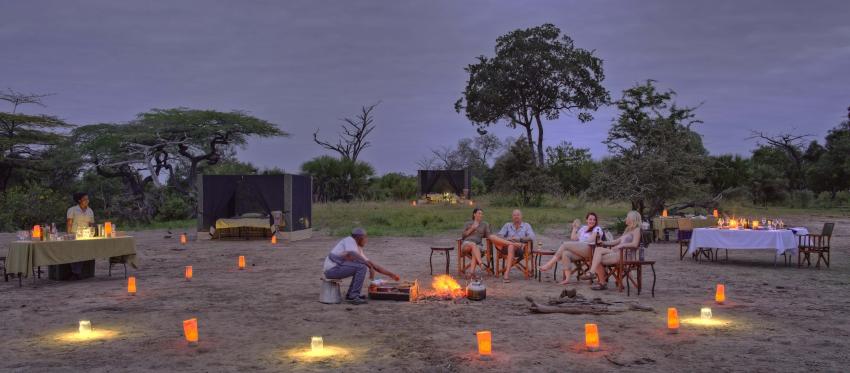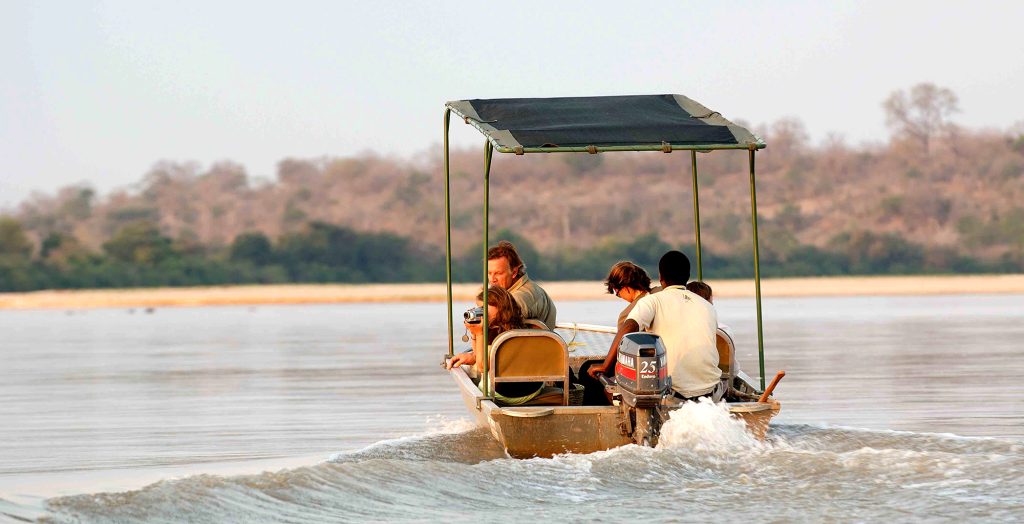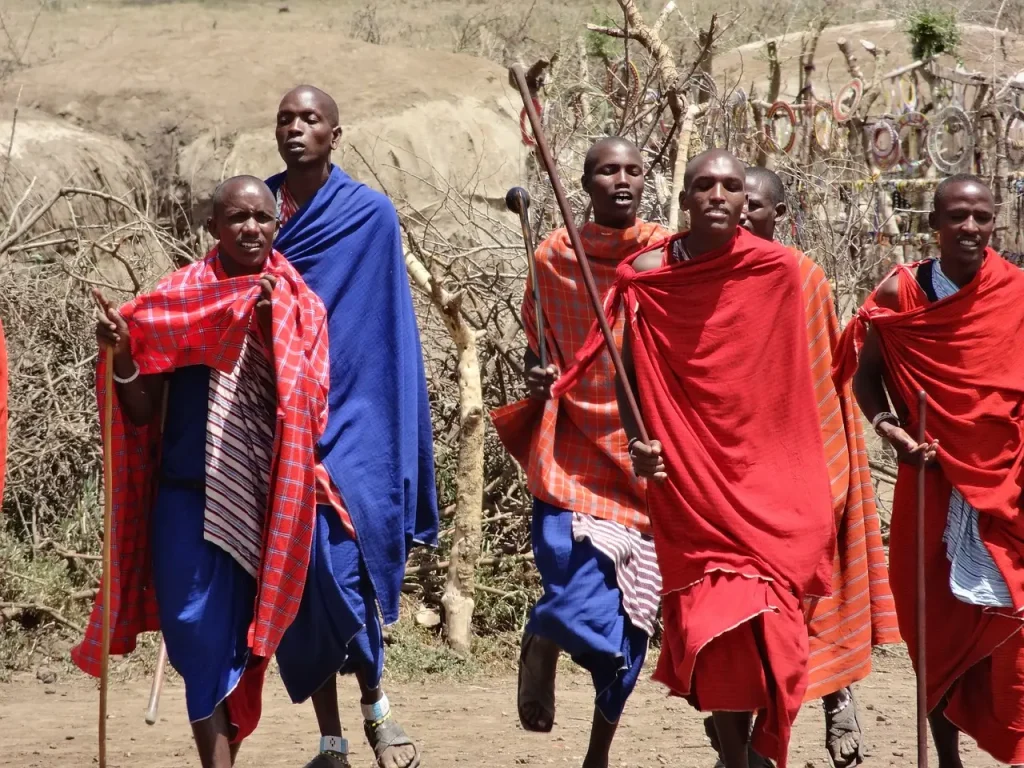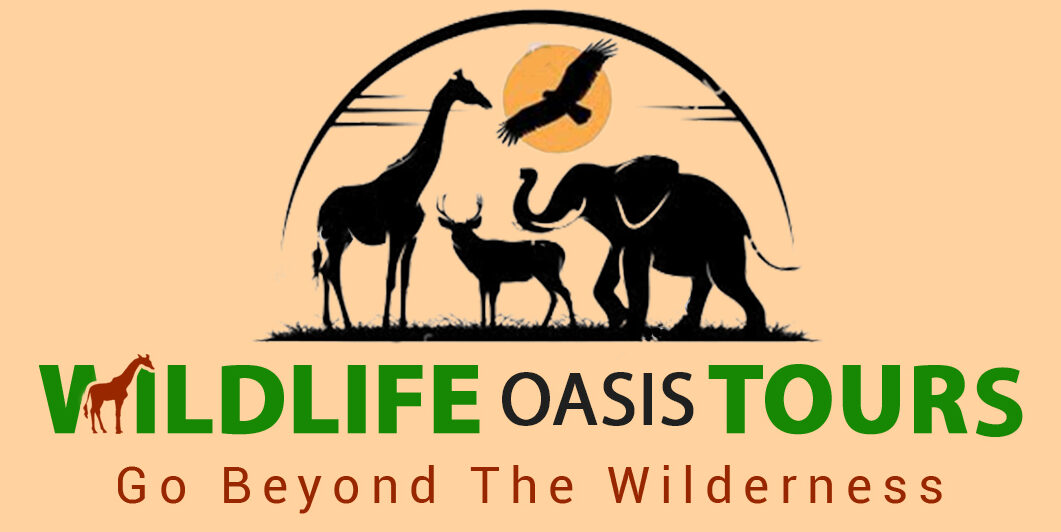Support Sustainability: How Visiting Selous Game Reserve Benefits Local Communities




Introduction
Selous Game Reserve, a UNESCO World Heritage Site, is not only renowned for its remarkable wildlife and pristine landscapes but also plays a crucial role in supporting the livelihoods of local communities in Tanzania. As tourism to the reserve grows, so does the opportunity to directly contribute to sustainable development in the surrounding areas. This article explores how visiting Selous Game Reserve benefits local communities and why sustainable tourism is key to maintaining the balance between conservation and local economic growth.
Economic Contributions of Tourism to Local Communities
Tourism is one of the most powerful tools for community development in regions like Selous Game Reserve. Visitors to Selous generate revenue through accommodation, park fees, safari activities, and other services, which is often reinvested into local infrastructure, education, healthcare, and other community-driven initiatives. Here’s how tourism helps the local economy:
- Job Creation: The tourism industry in Selous provides direct and indirect employment opportunities for local people. Jobs are created in hospitality, guiding, transport, security, and conservation efforts. Locals often work as guides, chefs, housekeepers, and camp staff, benefiting from steady incomes.
- Revenue for Local Businesses: Many services associated with tourism, such as craft markets, restaurants, and transportation, are locally owned. As visitors come to Selous, they contribute directly to these small businesses, allowing them to thrive. Local artisans also benefit, as tourists often purchase handmade crafts and souvenirs.
- Revenue for Conservation: Entrance fees, park fees, and safari activity charges contribute directly to conservation efforts within the reserve. A percentage of the revenue generated from visitors is funneled into conservation projects, including anti-poaching efforts, habitat restoration, and wildlife monitoring. This funding helps preserve the integrity of the reserve while supporting the surrounding ecosystems.
Education and Awareness
Visiting Selous Game Reserve raises awareness about the importance of conservation and the challenges faced by local communities in preserving their natural resources. Many tour operators and lodges in the reserve actively involve local communities in environmental education programs, helping them understand sustainable practices and the long-term benefits of conservation. This empowerment ensures that the local population can continue to protect their environment while benefiting from eco-tourism.
Supporting Community-Based Conservation Projects
Many lodges and safari operators in the Selous Game Reserve partner with local community-based organizations to support conservation initiatives. These collaborations help to ensure that local people are involved in protecting their natural heritage. Some of the key initiatives include:
- Wildlife Protection Programs: Local communities play an essential role in monitoring and protecting wildlife populations from poaching and illegal hunting. By engaging local people in conservation efforts, these programs ensure sustainable wildlife management while providing employment opportunities.
- Community-Led Eco-Tourism: In addition to large tourism operators, smaller, locally-run eco-tourism ventures allow communities to directly benefit from tourism. For example, villagers may guide visitors through nature trails, teach visitors about traditional farming or crafts, or provide cultural performances, ensuring that profits from tourism remain within the community.
- Education and Capacity Building: Local community members receive training in sustainable tourism practices, customer service, and environmental conservation, helping them gain valuable skills that can improve their livelihoods while safeguarding the environment.
Improving Infrastructure and Public Services
The influx of tourists also leads to improvements in local infrastructure. Roads, electricity, and water systems often improve as a result of the demands of the tourism industry. Additionally, tourism revenue helps fund local education and health services, improving the quality of life for people living near Selous Game Reserve.
- Infrastructure Improvements: As more tourists visit the reserve, local governments invest in better roads, utilities, and communication networks. These improvements benefit not only tourists but also local residents, making the region more accessible and improving daily life.
- Community Services: The revenue from eco-tourism can also support local schools, clinics, and community centers. For example, some tourism operators work directly with local schools to provide scholarships and educational materials, or help establish medical facilities to serve local populations.
Promoting Sustainable Agriculture and Livelihoods
In Selous Game Reserve and its surrounding areas, eco-tourism encourages local communities to adopt sustainable agricultural practices. Rather than relying on activities that damage the environment, such as logging or poaching, locals can engage in sustainable farming or start small businesses that cater to the tourism industry, such as guiding, hospitality, and handicrafts. These practices ensure that economic benefits are shared while preserving the integrity of the local ecosystem.
Reducing Human-Wildlife Conflict
One of the key benefits of eco-tourism in Selous Game Reserve is the reduction of human-wildlife conflict. By promoting the value of wildlife conservation and the role of the reserve in preserving biodiversity, tourism helps locals understand the importance of living in harmony with wildlife. Community outreach programs often focus on educating villagers about how to safely coexist with animals, reducing incidents where elephants, lions, and other species might damage crops or livestock.
How You Can Help
Visitors to Selous Game Reserve can support local communities in several ways:
- Choose eco-friendly operators: By booking with eco-conscious safari operators and accommodations, you ensure that tourism revenue is directed toward sustainable practices and local development.
- Buy locally made goods: Purchasing souvenirs and handicrafts directly from local artisans helps support their businesses and promotes cultural exchange.
- Engage with local communities: Participate in cultural activities or guided tours led by local guides. This not only enhances your experience but also provides direct financial benefits to the community.
Final Thoughts
When you visit Selous Game Reserve, you are not just contributing to the conservation of one of Africa’s most pristine wilderness areas, but you are also directly supporting local communities in their efforts to protect their natural resources and improve their quality of life. Through eco-tourism, visitors help create a sustainable future for both the people and the wildlife of Selous, ensuring that future generations can continue to enjoy and benefit from this extraordinary destination.
By choosing to visit Selous and supporting responsible tourism practices, you’re playing an integral role in how Selous game visits benefit local communities—helping them thrive while ensuring the preservation of this incredible wilderness.

One Comment